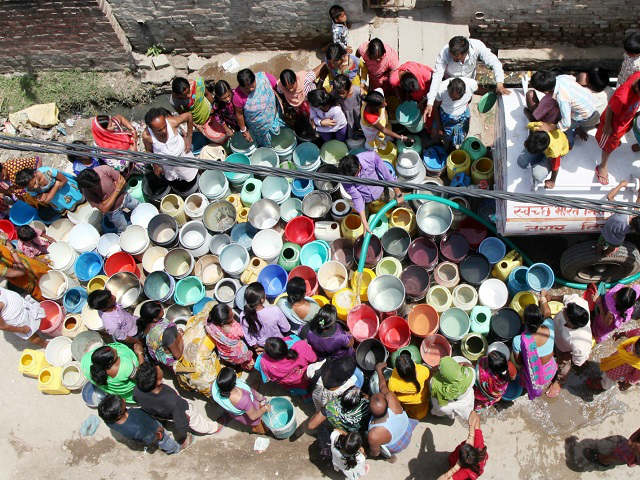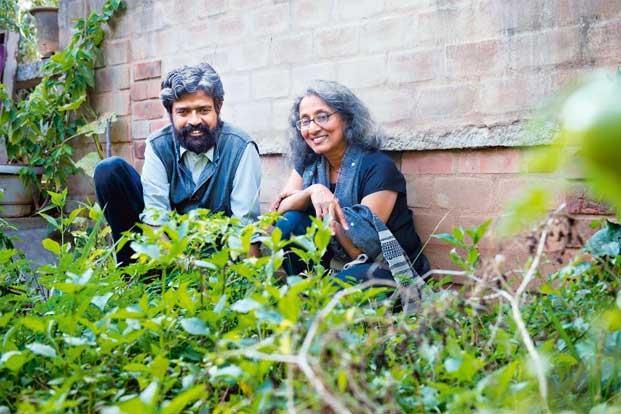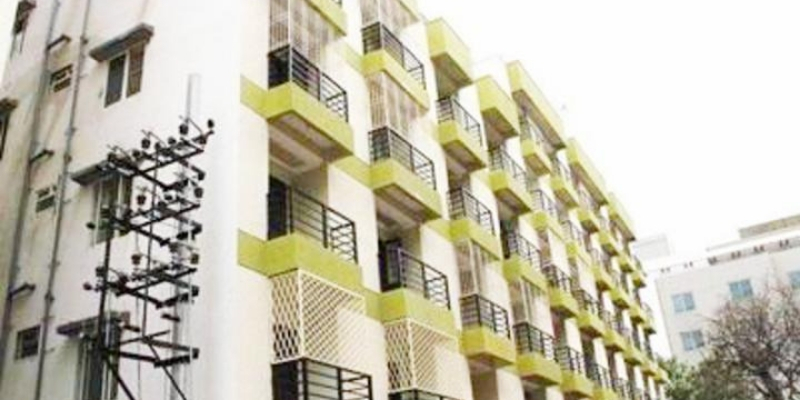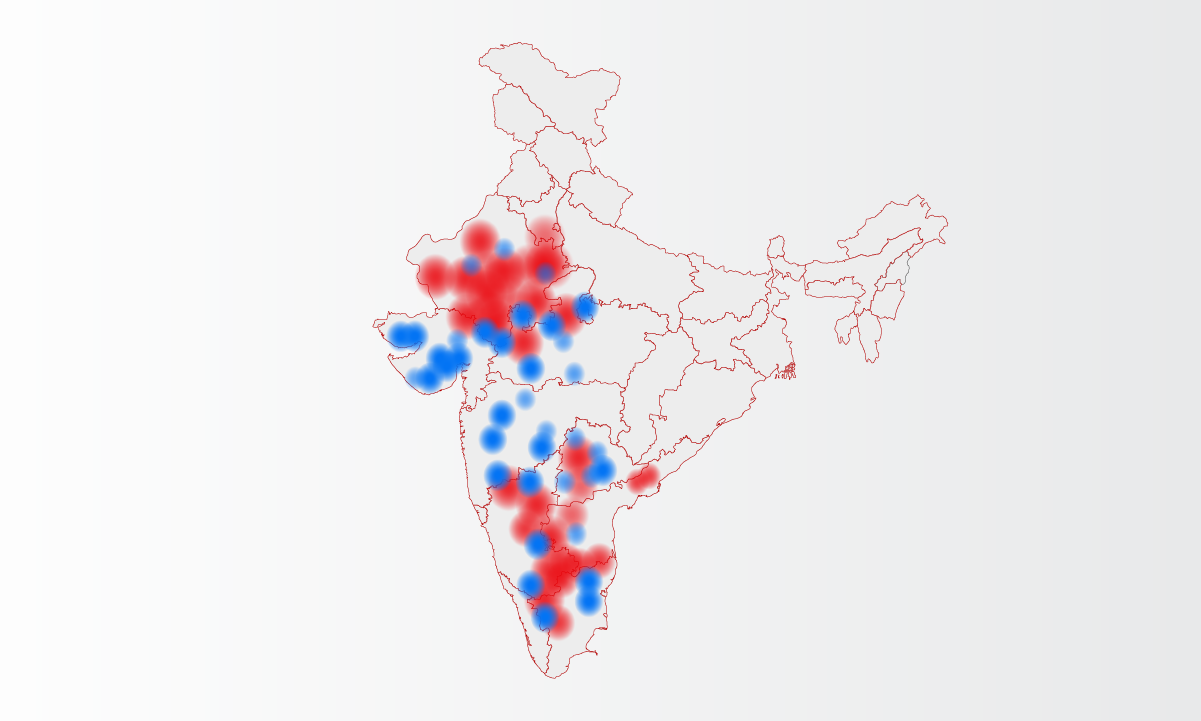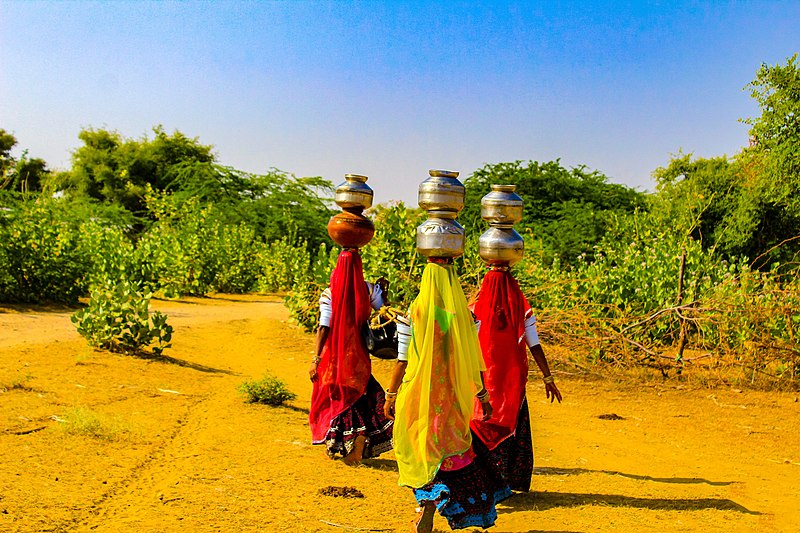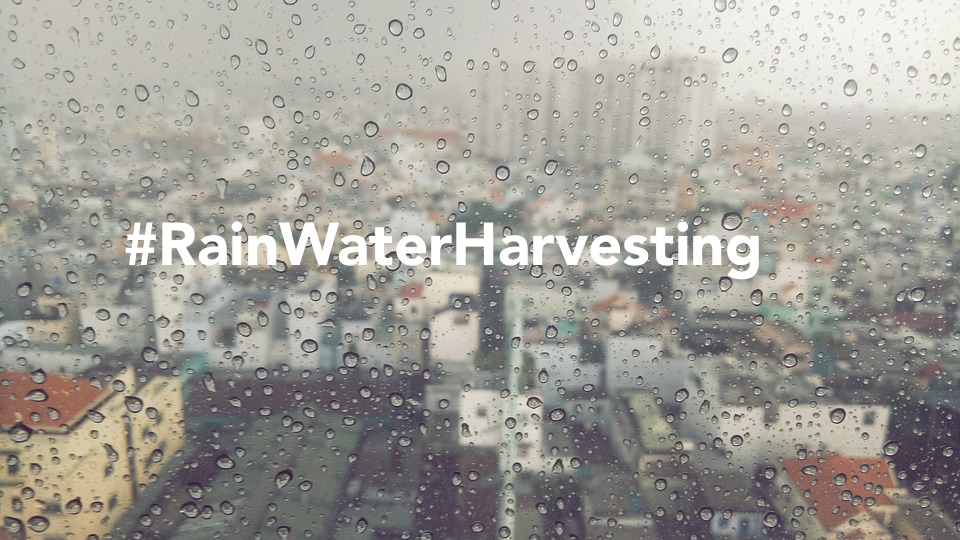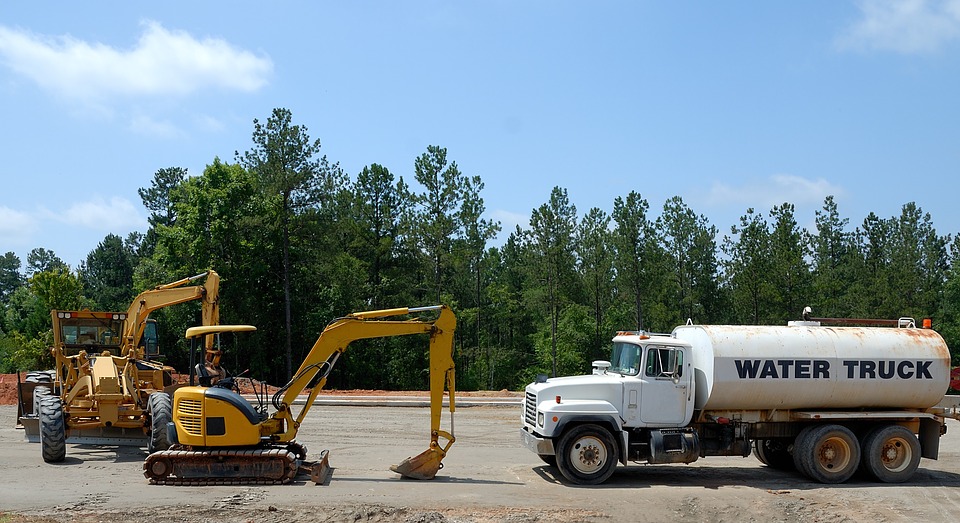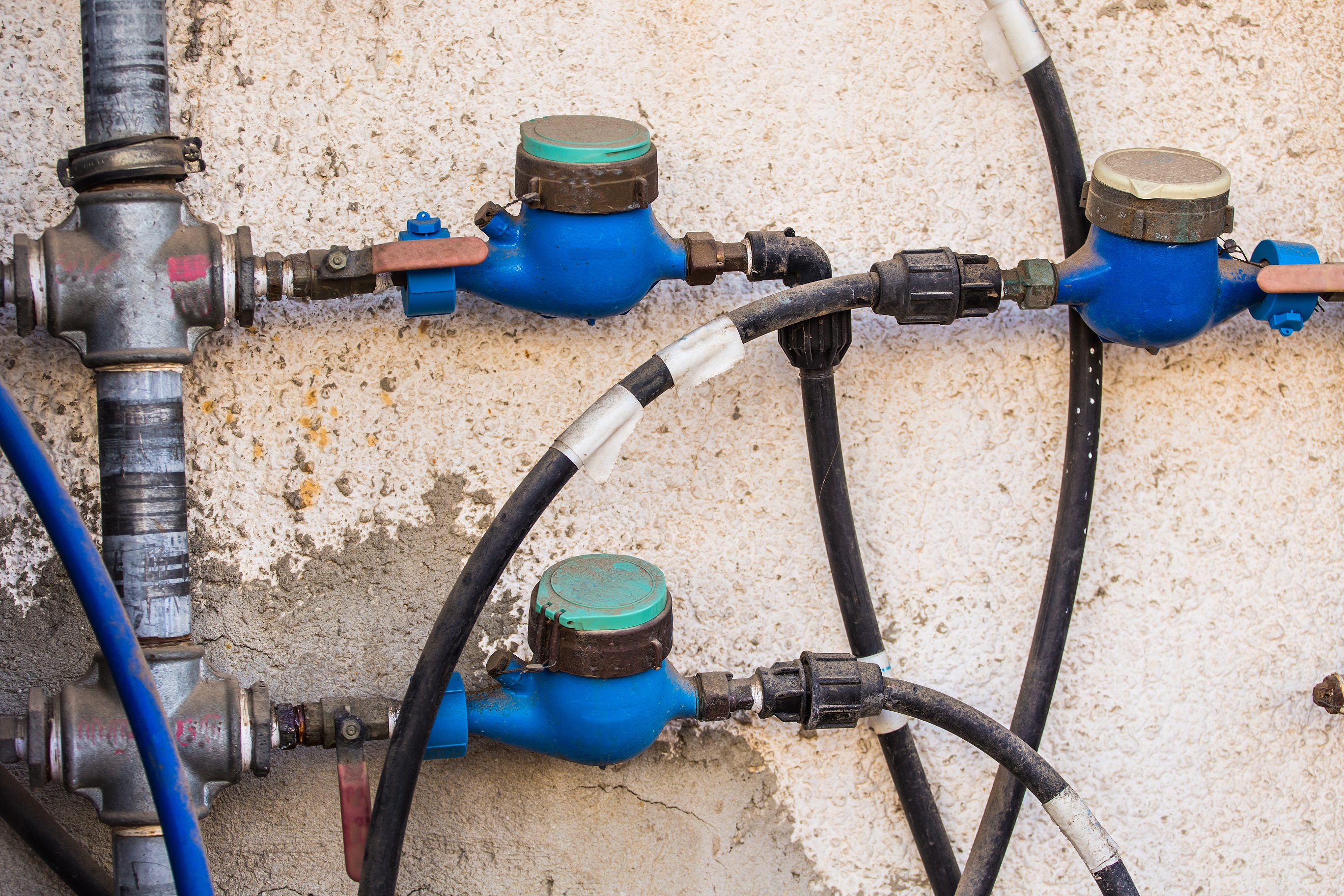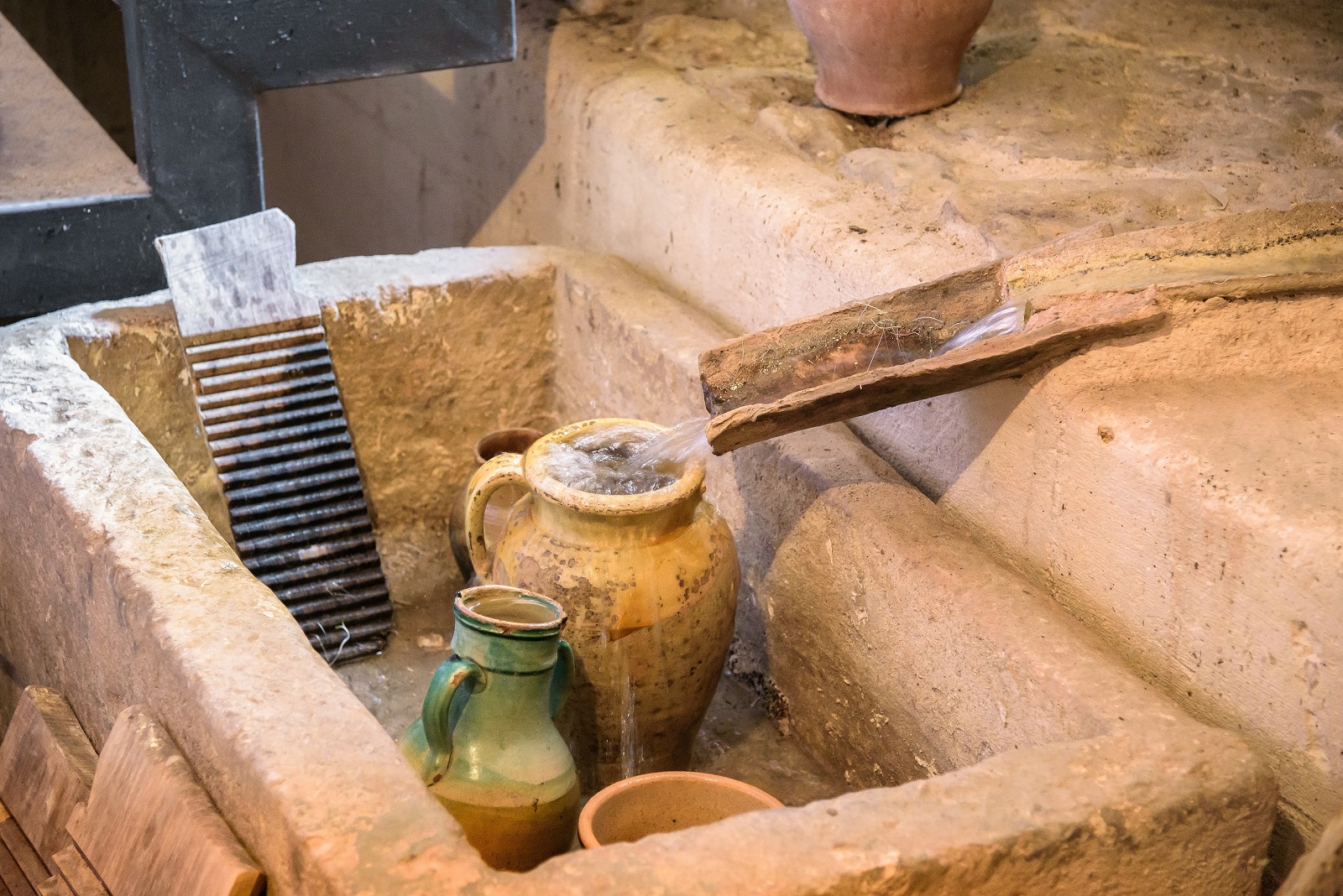Currently facing scorching heat, Bengaluru city is facing severe water shortage and among the worst hit are the newly-developed areas and the IT corridors.
According to the revised master plan published by BDA (the Bengaluru Development Authority), Bengaluru’s population will increase by approx 8 million and touch 20.3 million between 2019 and 2031. According to a study by the Indian Institute of Science (IISc), if Bengaluru’s population continues to grow at this alarming rate it is bound to turn inhabitable in the coming years.
It’s a disappointing fact, but Bengaluru has gone far from being the beautiful green and beautiful city of lakes to the city of concrete. This problem can be attributed to the city enticing a lot of immigrants from all over the country due to its vibrant culture, ideal weather and booming IT industries. Unquestionably, the rapidly growing population and speeding construction activities have put a huge strain on the city’s natural resources and led to the depletion of the wells and lakes – This is exactly why all the water disappeared.
While many of us simply mourn this traumatic condition, there are many inspiring individuals and citizen groups who are perfectly answering the common question – How can we conserve water? These individuals are experimenting with different effectual methods to conserve water and working loyally to save every single drop of it. Realizing the importance of water conservation, we bring for you today, 3 remarkable examples from Namma Bengaluru that enlighten the ways to how can we conserve water.
How Can We Conserve Water – Hear From These Inspiring People
A R Shivakumar – Didn’t Pay Water Bill In 23 Years
A R Shivakumar, a senior scientist at the KSCST (Karnataka State Council of Science and Technology) at Indian Institute of Science (IISc) believes a lot of water is being wasted due to mismanagement of water. He also believes a properly planned rainwater harvesting (RWH) system could help in effectively sustaining the city’s water supply. Here are some interesting things about his water conservation journey:
- Shivakumar doesn’t have a Cauvery water connection at his residence. For over 2 decades now, he and his family have been depending entirely on the collected rainwater for all their daily needs.
- He invented tools which simplify RWH at common residence settings. In addition, he also worked with the local authorities to popularize rainwater harvesting in Bengaluru City.
- He designed and implemented hundreds of RWH projects in Bengaluru, including at Vidhana Soudha, the Karnataka High Court, corporate offices (like Arvind Mills and Intel India) and several housing societies in the city.
- While it rains for just 60-70 days, the challenge for Shivakumar was to store it for 365 days. For storing the rainwater, Shivakumar built and patented a tank which has been fitted with an innovative filter device. This filter is called Pop-Up Filter, which uses a simple silver sheet to eradicate all impurities from the collected rainwater before it is channeled down for use.
- An effective greywater recycling system is installed at his residence. The water used in the washing machine is directed to a separate tank which is used further for flushing the toilets in the house. Similarly, water from the kitchen is stored and reused in gardening.
- He gave training on the integration of RWH in construction to Bangalore Water Supply and Sewerage Board (BWSSB) plumbers, building contractors and architects.
- Tweaked many of his household devices to make them eco-friendlier. For example, he lined the containers which store water from the water heaters with rice husk to ensure water stays hot for the entire day. Also, the LED lights used inside the house are solar-powered and the house is surrounded by a natural garden which helps in keeping the house cooler.
- Within one year, the groundwater table surrounding Shivakumar’s house ‘Sourabha’ rose from 200 feet to around 40 ft! The credit goes to the percolation pits placed in the garden around his house. These pits help in the direct recharge of the groundwater table.
Shivakumar started constructing his house in 1995. Back then, he did intense research to look for alternatives which would fulfill his family’s needs and at the same time would not harm the environment. Amazing isn’t it? If you are planning to construct your new home, this story would be the perfect one to draw some inspiration.
S Vishwanath And Wife Chitra – Saving 1Lakh Litres Of Water Every Year
S Vishwanath And Wife Chitra home in Vidyaranyapura was built using compressed, stabilized earth blocks, excavated from the site. Their home is a true example of Sustainability and was designed by the couple itself. Of course, for Vishwanath, a Civil Engineer and Urban and Regional Planner, and Chitra who was an architect, designing their dream home was a difficult task. Here’s more to how can we conserve water their way:
- Rain Water Harvesting – Through diverse forms of storing water from the rooftop, RHW system in this eco-friendly house, help in storing around one lakh litres of rainwater every single year.
- Recharge Well – Outside their house, there is a recharge well which is connected to the stormwater drain. This well recharges an average of 1 million liters annually.
- Eco-San Toilet – The house has two of these so-called eco-san toilets which do not need water. The waste that is collected is covered with ash, and the microbes present on the toilet converts it into manure in very less time.
- Grey Water Use – The duo uses greywater to water their plants. The wastewater from bathing and washing are reused in their garden.
You will be surprised to know, not only is their water bill zero for 8-10 months, but their electricity bill is also 1/4th that of regular houses, interesting isn’t it?
Maa Brindavan –Saving Nearly 500 Litres Every Day
Setting an outstanding example amid water crisis in Bengaluru are the residents of Maa Brindavan, i.e. an apartment complex located in the brimming area of Whitefield. There are 46 flats in this apartment, through borewell they manage to get around 500 liters of water which is insufficient for all the residents. Like other apartments, this one too is dependent on water tankers. But, together the residents of this complex can save 500 liters of water every single day. Here’s how:
Collect Rejected RO Water
Typically, in RO filters, a lot of water gets wasted to purify water. The residents collected water from these RO (Reverse Osmosis) filters and filled in a bucket and kept outside homes and used it for non-drinking purposes. Later, the building associated brought big drums to collect water, these were placed in the parking lot and stored collected rejected RO water from every apartment.
This is exactly how the residents managed to save 500 liters of water every day. The collected water is used for other purposes like watering plants, cleaning cars and washing the parking lot. This isn’t all, the residents also went a step ahead and began using water-saving aerator or adaptor which reduces water flow in the tap.
No doubt, with this noble initiative, the residents of this complex are setting a solid example for the fellow Bengalureans to follow.
Final Thoughts
Years of rapid urbanization, a swelling population and mostly significant – Poor Water Management has led to drying taps, falling groundwater levels and filth-frothed lakes which can burst into flames any moment. Bengaluru is paying a huge price for its success since marketing itself as a tech hub and attracting top firms including Microsoft, IBM, Dell, and Google. Its time its residents act responsibly or pay the consequences later.
You May like – How Water Efficient Toilets Can Save You Money & Help The Environment
Curated by editor at Wienerberger India
For more Real Estate news and updates, Follow us on Facebook and Twitter
Drop us a word for any query on water saving products at wienerbergerindia@gmail.com




